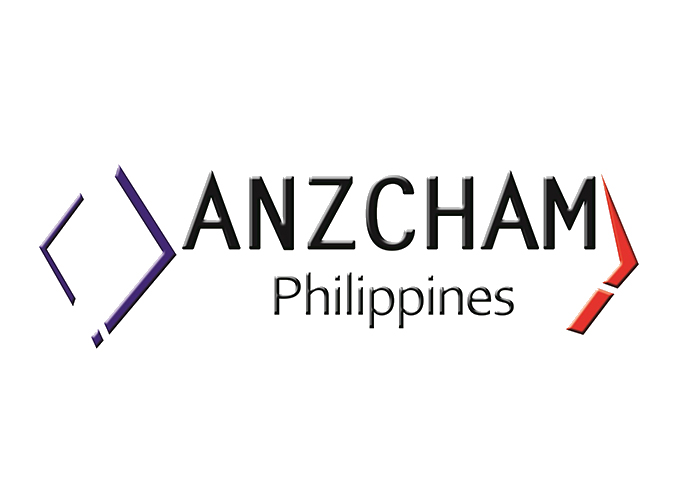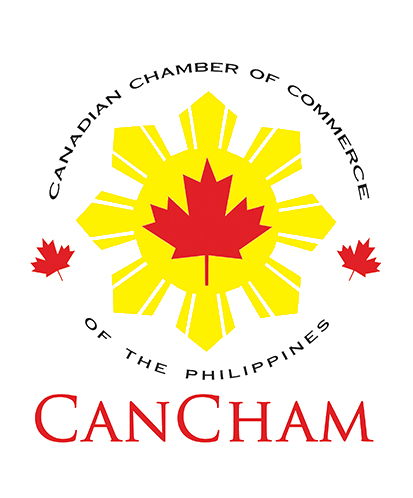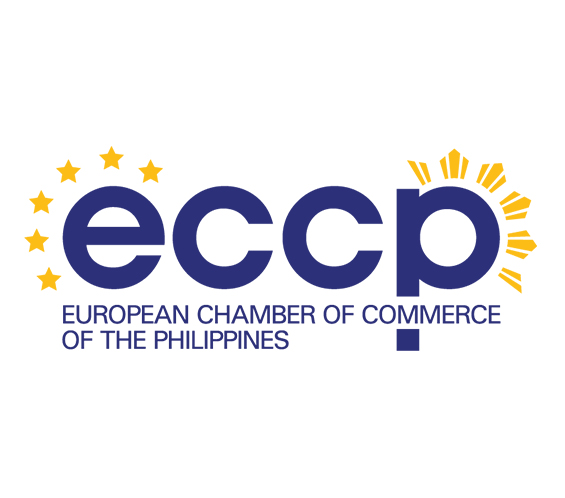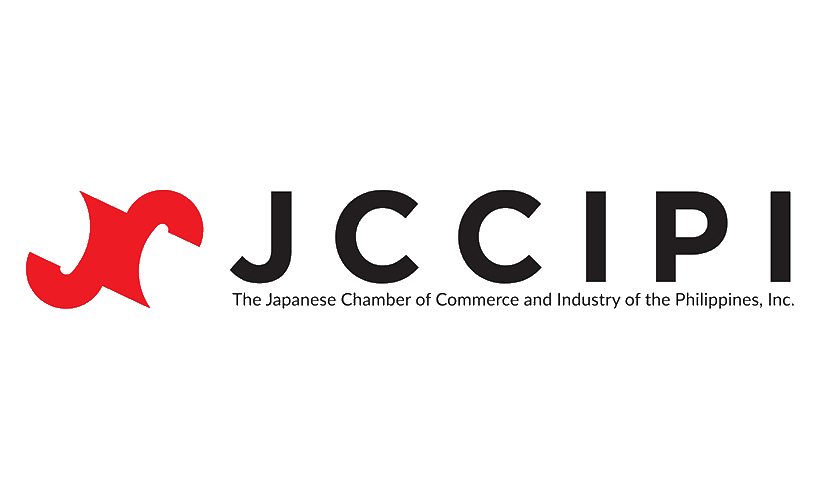To attract more foreign capital and create decent jobs, PHL may need major retouch
March 7, 2016 at 15:09
To attract more foreign capital and create decent jobs, PHL may need major retouch

THE Philippines has had centuries of love-hate relationships with foreign capital. The country’s colonial past under Spain and the United States may have made it more averse to foreign ownership.
In the past 46 years, including the Marcos years starting in 1970, the country’s foreign direct investments (FDI) have not even reached an annual average of $5 billion per administration.
Data from the Joint Foreign Chambers (JFC) showed that FDI averaged $117 million annually under former President Ferdinand Marcos, between 1970 and 1986; and averaged $3.97 billion a year under President Aquino, between 2011 and 2015.
These foreign capital flows have not helped improve the country’s standing among its Asean-6 peers, where it has been the laggard in FDI since 2003. JFC data showed this was the year Association of Southeast Asian Nations (Asean) member-countries Indonesia and Vietnam finally surpassed the Philippines in terms of FDI.
“FDI inflows to other large EAP [East Asia and Pacific] economies remained generally robust in the first half of the year, rising in all large countries, except the Philippines, in year-on-year terms,” the World Bank said. “In the Philippines FDI has lagged, partly owing to regulatory restrictions.”
As a result, millions of Filipinos have found it difficult to find jobs—most especially decent employment—that offer livable wages and other employee benefits.
What went wrong
BUSINESSMEN believe the biggest hindrance to entry of foreign investments to the country is the 60-40 rule limiting foreign ownership of assets. This rule is enshrined in the 1987 Constitution, ratified during the regime of the current President’s mother, Corazon C. Aquino.
Under Article XII of the Constitution, foreign investors are prohibited from owning more than 40 percent of real properties and businesses, while they are totally restricted to exploit natural resources and own any company in the media industry.
Apart from this provision, the country also has the Regular Foreign Investment Negative List (RFINL) that states where foreign investors cannot invest in. The list is updated every two years.
“The restrictions to FDI exist in three levels,” Canadian Chamber of Commerce of the Philippines President Julian Payne said in a news conference on Wednesday. “The Constitution, of course, is the hardest to change. Then there’s the foreign negative list, which is supposed to be based on the Constitution, but there’s a significant number of items there [that] are not based on the Constitution.”
Based on the 10th RFINL enshrined in Executive Order 184 and signed by Mr. Aquino in 2015, foreign investors are barred from plunking capital in 11 types of businesses. The list includes businesses like mass media, except radio; retail trade with paid-up capital of $2.5 million; cooperatives; private security agencies; ownership, operation and management of cockpits; and the manufacture of firecrackers and other pyrotechnic devices, among others.
Foreign nationals also cannot practice their professions in the Philippines if they are pharmacists, radiologic and x-ray technologists, criminologists, foresters and lawyers.
However, there are businesses where foreign investors can invest in, but only up to a maximum of 20 percent, 25 percent, 30 percent and 40 percent.
For example, foreign investors can only invest up to 20 percent in private radio communication networks; up to 25 percent in private recruitment for local and overseas employment and contracts for the construction of defense-related structures, among others; and 30 percent in advertising.
Other kinds of businesses, such as gambling; businesses that require police and military clearance, such as those in the manufacture of weapons and similar goods, have a maximum limit of 40 percent. This cap is aligned with the constitutional provision on foreign ownership.
However, the government has been making adjustments to the list in consultation with agencies such as the National Economic and Development Authority. One of the recent examples happened under the Arroyo administration, which increased the total foreign investment in gambling to 40 percent from zero.
“At the regulatory levels, there are also some hindrances to FDI,” Payne said.
The high cost of putting up businesses is especially prohibitive to foreign firms wanting to invest in, say, innovation incubators, such as those in information and communications technology and start-ups that are in need of capital to start operating or to continue operating.
“Most of the really interesting innovators are rather small companies,” Payne said, adding that if a foreign company wishes to set up “a company here as a foreign-owned company, it has to put up $200,000 [about P9.458 million] just to start.”
“This is a big disincentive,” he added.
American Chamber of Commerce of the Philippines Senior Adviser John D. Forbes added that high taxes also discourage foreign companies from investing in the country and bringing their money to other countries in the region, like Singapore.
It is no secret the Philippines is one of the countries in Asean that charge the highest in taxes. Income taxes in the country can reach up to 32 percent, while corporate taxes can reach around 30 percent.
This is the reason the JFC recommends reduction in both corporate and individual income tax to 25 percent as an incentive for both companies and workers.
Instead of taxing only incomes, the JFC recommended the increase in consumption taxes, such as increasing the value-added tax to 15 percent. “Sin” taxes should also be raised.
“FDI has increased to a very dismal [level] that we are not getting, frankly, our fair share of it, and that means we’re not getting jobs and we’re not getting state revenue, which we could have a significant increase in FDI equivalent to what other neighboring countries have,” Payne said.
Why it’s important
THE lack of FDI in the country has had a major impact on the kinds of jobs available in the country.
Based on Labor Force Survey (LFS) data released in January, there were still over 9 million Filipinos either looking for a job or decent employment.
While others struggled and took their chances in obtaining vulnerable employment in the informal sector, many have become discouraged and applied as overseas Filipino workers (OFWs).
Apart from the general lack of jobs, Forbes said being OFWs was also the solution seen by those laid off by big businesses that closed in the Philippines. While being an OFW was a noble profession, Forbes said it cannot be a solution for jobless Pinoys in the long term.
“When Ford Motors closed here, where did the workers go? They went to Thailand, take charge of the factories there. Same thing when Subic closed their shipyard, they [workers] went to Guam,” Forbes said.
“The Philippines has 174 million people projected by 2050, that’s 72 million more people than today. Those people are going to work in Thailand, outside of your country? As maids? Or they’re going to work here? That’s the question for the next decade,” he added.
Dissatisfaction
According to documents distributed during a forum organized by the JFC, the Philippines would need some $75 billion in FDI from 2010 to 2020, or an annual inflow of foreign investments of about $7.5 billion.
However, according to Forbes Magazine last year, the Philippines only garnered some $20 billion in investments from 2010 to 2015, with 2014 as the strongest year, with $6.5 billion in foreign investments which came in, but still below the required annual average.
Although the inflow of foreign investments may have missed the targets set by the JFC, Malacañang said the increased business confidence in the Philippines will ensure that the flow of investments would increase in the coming years.
“We believe that overall FDI into the country shall continue to follow an upward trend, in view of the economic reforms that the Aquino administration has put in place that bolstered the country’s macroeconomic fundamentals and improved overall business confidence,” Communications Secretary Herminio B. Coloma Jr. said in a statement.
Thus, the task of increasing the flow of FDI falls to the current crop of politicians seeking to bag the top public positions of the land.
During the forum, representatives of candidates running in the presidential race presented their economic platforms. However, the contentious issues that discourage foreign investments remained unanswered.
The representatives of these candidates also failed to satisfy Payne.
“I wasn’t satisfied with the answers that the candidates gave as to addressing those issues on the foreign investments negative list, which can be removed without constitutional amendment, and that vast array of protectionist restrictions and regulations by the government and other regulatory agencies,” Payne said. “I think that’s where there’s a huge potential to immediately ease restrictions.”
House Committee on Ways and Means Chairman and Liberal Party Rep. Romero S. Quimbo of Marikina City said the next government should prioritize liberalization of FDI in industries that are currently restricted.
“We can do it immediately within the first 100 days [of the next administration]. We don’t need to change the Constitution to do it. We can simply review the foreign negative list for starters,” Quimbo said. “We can also review definitions of utilities, which, under the Constitution, are reserved for Filipinos.”
According to Quimbo, the Philippines can also allow foreign equity by a mere change of definition of a public utility, “noting that our public-service law, which defines what a public utility is, has not changed in the last 60 years.”
What lawmakers plan
SPEAKER Feliciano Belmonte Jr. is warm to the idea of tweaking the 1987 Constitution, especially its economic provisions.
“By amending the restrictive economic provisions of our Constitution, we empower Congress to enact laws that will attract the kind of investments that will reverse the deindustrialization and deagriculturalization of our economy,” Belmonte said. “Only then can we encourage locators and investors to expand our manufacturing sector, the area where the better-paying decent jobs can be created.”
The House leadership did not push through with the expected voting on third and final reading of the economic Charter change (Cha-cha) in June last year, apparently due to lack of affirmative votes. The lower house needs the vote of at least two-thirds of its membership, or 217 affirmative votes, to pass the Cha-cha measure.
The voting has also been affected by the Palace, particularly Mr. Aquino’s adverse stance against Cha-cha.
The resolution, filed by Belmonte and Sen. Ralph Recto, is eyeing to amend economic provisions on the 60-40 rule. The resolution also seeks to include the phrase “unless provided by law” in the foreign-ownership provision of the Constitution, particularly land ownership, public utilities, natural resources, media and advertising industries.
Meanwhile, House Committee on Climate Change Chairman and Party-list Rep. Rodel M. Batocabe of Ako Bicol said that, by amending the restrictive economic provisions of the Constitution, the government will prioritize the liberalization of the country’s investment climate.
“This is the only way for us to attract blue-chip investors; ensure transparency and accountability; and cope with the challenges of trade liberalization, and the demands of economic integration and partnerships,” Batocabe said. “Let us strengthen job generation in industries where we have competitive advantage, such as BPO [business-process outsourcing]. Manufacturing can also be a bright spot, considering that labor costs in China are already skyrocketing. We might just, as well, attract other industries from China.”
What politicians think
CURRENTLY, there is a pending measure allowing foreigners to own 100 percent of adjustment companies, lending companies, financing companies and investment houses.
The bill amends investment restrictions in specific laws governing adjustment companies, lending companies, financing companies and investment houses cited on the foreign investment negative list.
“We will, likewise, overhaul the entire tax system, not just personal income tax, as that will be a piecemeal approach. By lowering corporate income tax, we make the country more competitive,” Quimbo said.
For their part, Nationalist People’s Coalition Rep. Sherwin T. Gatchalian of Valenzuela City, Party-list Rep. Sherwin N. Tugna of Citizens’ Battle Against Corruption and Liberal Party Rep. Ben P. Evardone of Eastern Samar said the next government should pass measures addressing corruption in the government to attract more FDI.
“Continue to fight corruption all the way down to the LGUs [local government units] and local level, streamline business processes at the local level by implementing automation in all LGUs; and massive infrastructure spending to improve quality of life and mobility,” he said.
Tugna, meanwhile, said, “By reducing graft, corruption and red tape in our government bureaucracy, foreign investors will not be dissuaded from investing in our country.”
Moreover, House Committee on Agrarian Reform Chairman and Liberal Party Rep. Teddy B. Baguilat Jr. of Ifugao said the next government must continue and intensify the path to reform.
“We must be able to project a Philippines where graft and corruption is no longer the norm. Passage of the FOI [Freedom of Information] bill and streamlining of the bureaucratic process are crucial in this projection,” he said.
“Also, there’s a need to infuse more investments in expanding our road network; upgrading our seaports and airports; and improving our telecommunications. Infrastructure support is still our main weakness. Tourism, manufacturing and IT sector, including BPO, should be our primary magnets for FDI,” Baguilat added.
Meanwhile, Party-list Rep. Neri J. Colmenares of Bayan Muna said the next government should first develop the country’s own industries, “rather than rely on FDI.”
“National industrialization should be our main engine of growth. I am not against FDI, but we must prioritize building our own industries. We should fully support the local businesses and industries,” Colmenares added.




























